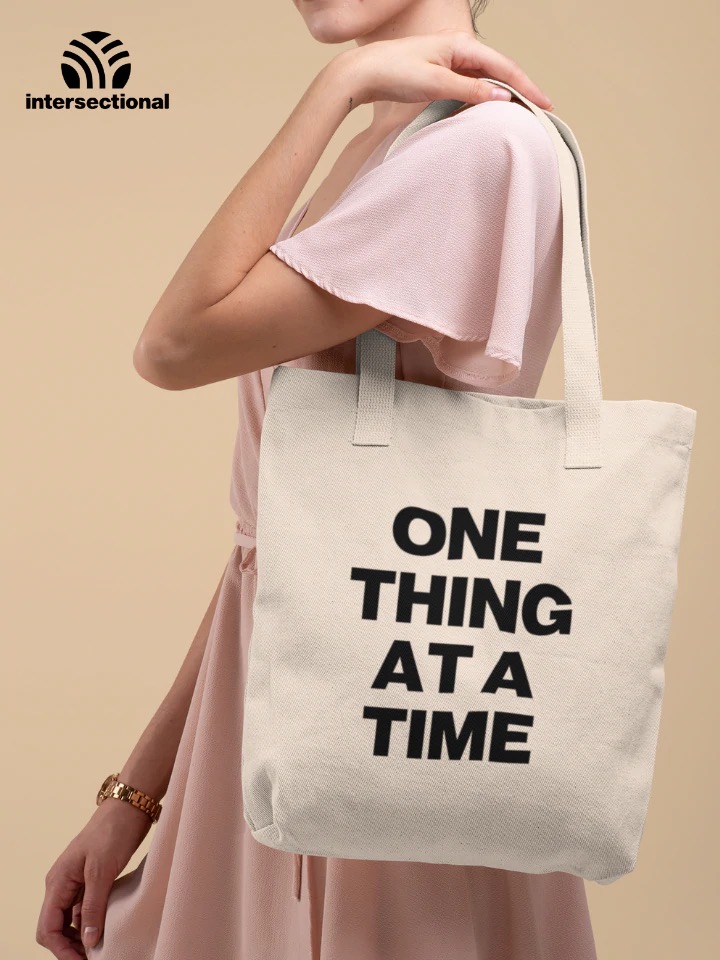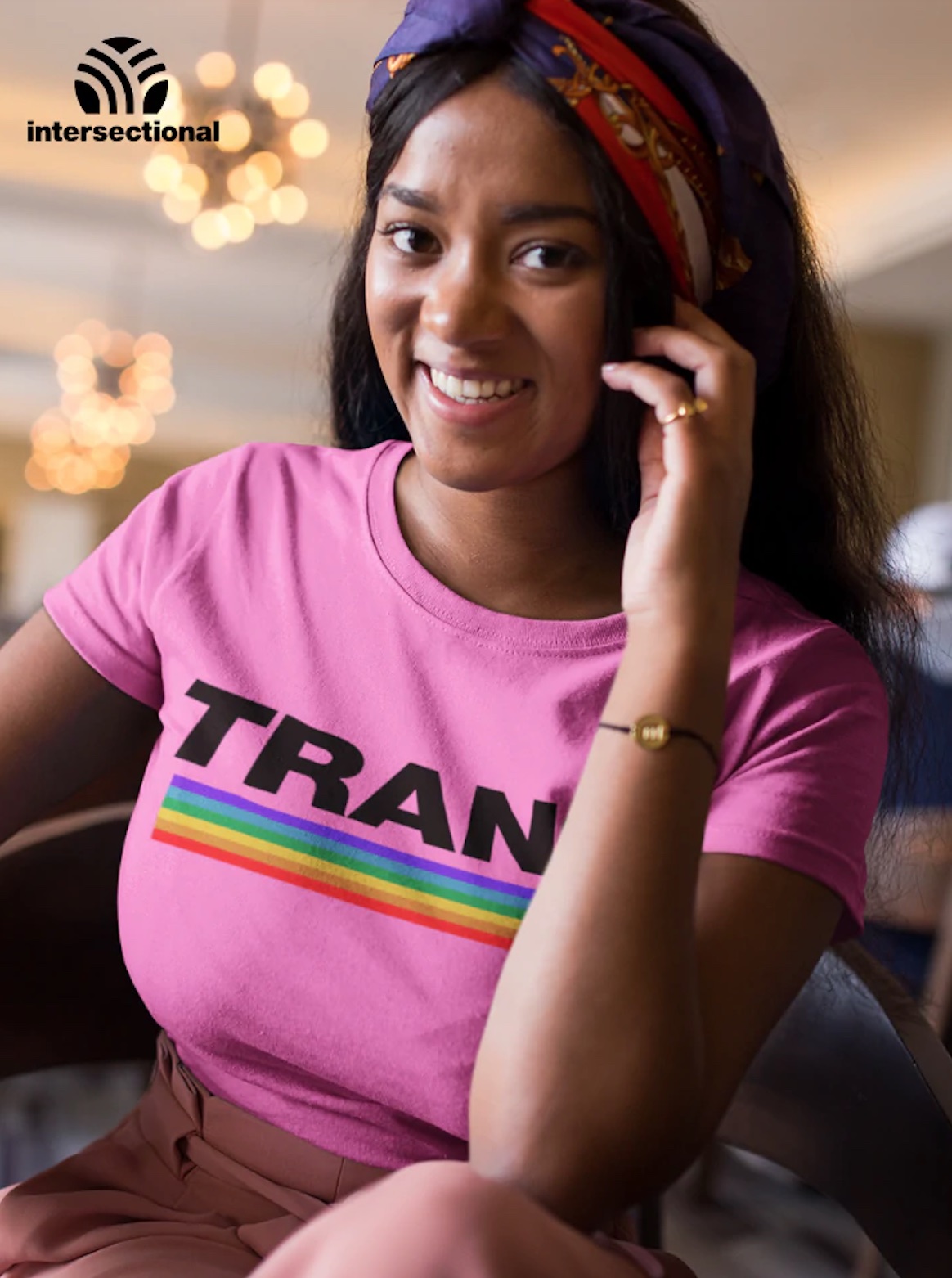
In short, intersectionality is the concept that oppression or discrimination is often linked. More explicitly, the Oxford Dictionary defines intersectionality as “the interconnected nature of social categorisations such as race, class, and gender, regarded as creating overlapping and interdependent systems of discrimination or disadvantage”. Intersectionality is the acknowledgement that everybody has their own unique experiences of discrimination and oppression and we must consider everything and anything that can marginalise or disadvantage people – gender, race, class, sexual orientation, physical ability, etc. And not just on their own. Intersectionality looks at overlaps of the latter. As an example, someone might be disadvantaged or oppressed because of their race, gender and physical ability altogether. In other words, a person might experience discrimination in their life not solely because of their gender, but also because of their race and sexual orientation at the same time.

First thought out by Professor Kimberlé Crenshaw back in 1989, intersectionality was added to the Oxford Dictionary in 2015 with its importance increasingly being recognised in the world of women’s rights. So, What has it got to do with women’s rights? Without looking at situations without an intersectional point of view, our efforts to tackle inequalities and injustice towards women are likely to just end up perpetuating systems of inequalities. Feminist writer Zoe Samudzi reminds us that “intersectionality is such a vital framework for understanding systems of power because ‘woman’ is not a catchall category that alone defines all our relationships to power”. A black woman may experience misogyny and racism, but she will experience misogyny differently from a white woman and racism differently from a black man. The work towards women’s rights must be intersectional – any feminism that purely represents the experiences of the white, middle class, able-bodied, heterosexual etc. women will fail to achieve equality for all. And this goes for all groups of people and individuals who experience racism, disadvantage and oppression in today’s society. Intersectionality is something crucial to be aware of if we want to understand others and create a fairer, equal, inclusive world.




